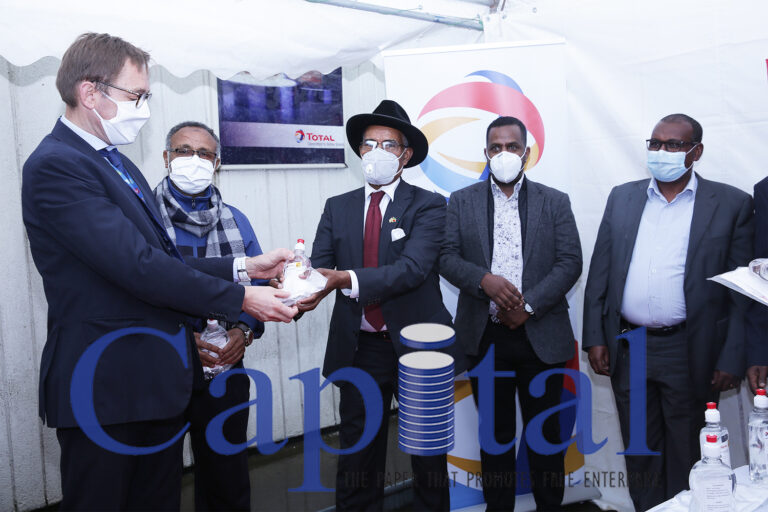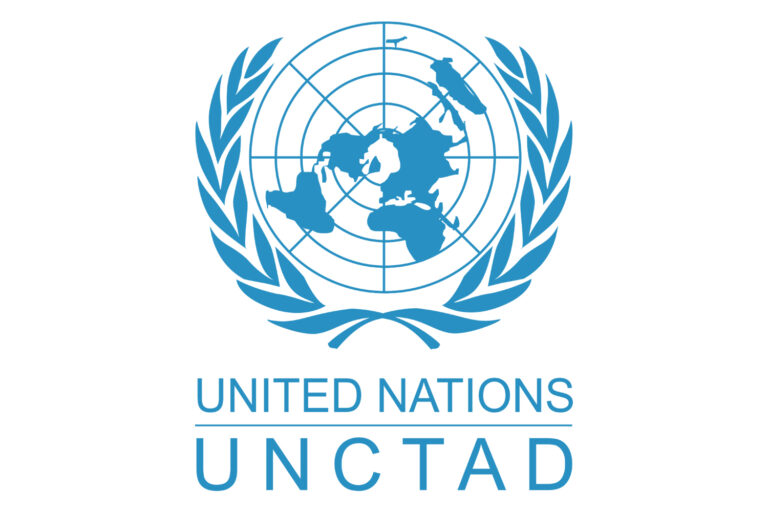The Ethiopian Bottled Water and Soft Drinks Manufacturing Industries Association (EBWSDMIA) request the government to support the sector to generate foreign currency by exporting their product.
The industry which now have over 100 water bottlers is substantively focused on the local market meanwhile experts said that the product is crossing borders via contraband.
Ashenafi Merid, General Manager of EBWSDMIA, told Capital that the association discussed with Business Diplomacy Directorate at Ministry of Foreign Affairs, on ways to expand the export market.
“In the past local bottlers tried to commence export and some of them achieved that in regional markets and even Europe but it could become consistent,” Ashenafi said.
“The Ethiopian diplomatic mission told us that through its embassies it will assess markets in at least regional markets and find possibilities for Ethiopian water bottlers to export their products consistently,” he added.
Accordingly Ethiopian bottled water manufacturers are currently exporting to Djibouti, South Sudan and Somalia. “Ethiopian products might be available in regional markets since the product is needed in the countries but it is supposed to be run in an organized manner,” the association head said.
In a press conference held on June 25 Admassu Yefru, Domestic Investors Transformation Directorate Director at Ministry of Trade and Industry said that the government is interested in the sector and wants the sector to contribute its share in generating hard currency for the country.
He promised to provide support for the sector to expand its regional market in an organized manner. “The sector itself should also revisit its marketing strategy,” Admassu said.
Admasu recommended local bottlers to design their marketing strategy in an international level.
Ashenafi said that his association is working to come up with concrete assessment of local bottlers’ capacity as per the request of Ministry of Foreign Affairs to at least promote Ethiopian products in regional diplomatic missions.
“Besides that we are also working with Ethiopian Standard Agency to keep the quality of Ethiopian bottled water under international level,” he says adding “it is crucial on the way to join World Trade Organization (WTO) that the country projected to conclude the negotiation in the coming two years.”
“You have to keep your standard not only on quality of product but on packaging, which may need minor improvement to compete with international producers,” Ashenafi said.
The association said that the water bottling industry is growing on an average of 17 percent per year in the past few years, while the market is not expanding as the industry.
In related development EBWSDMIA indicated that due to COVID 19 the sector market has dropped by 85 percent. The closure of entertainment destinations, bazaars, exhibitions, conference and international organizations, offices like embassies and UN offices affected its market significantly.
Bottlers request gov’t assistance to export their product
The Bread Factory
Prime Minister Abiy Ahmed inaugurated Sheger Bakery, which is dubbed as the largest bakery and flour factory in Africa with a potential of baking 1.8 million loaves of bread every day in three shifts.
“The Sheger Bakery which took 10 months from conception to finalization is symbolic of our path to prosperity. Producing 80,000 pieces of bread per hour, availing it at affordable prices will contribute to food security in Addis Ababa and the surrounding cities,” PM Abiy said.
It is stated that including those working in the factory some 3,400 people in Addis Ababa will get job at the factory and in distribution lines of the bread.
The Sheger bakery is built by MIDROC Ethiopia, which is owned by the Ethio Saudi billionaire Sheikh Mohammed Hussien Al Amoudi. Built with 900 million birr, the state-of-the-art bakery has a capacity to make 1.8 million loaves of bread a day and 80,000 an hour.
The bakery, which uses automated machinery, will source flour from a plant that was built next to the bakery. Resting on 4.1 hectares, the bakery and the flour processing plant is located in Akaki Qality Sub City. MIDROC imported the machinery for the bread and flour from Italy, while the transformers were shipped in from China.
The bakery has four silos each with a storage capacity of 30,000 quintals of wheat, 12 ovens, 13 mixers, and two cooling towers capable of cooling 140,000 loaves of bread a minute. It has 357 permanent employees and 23 food vans each capable of carrying 24,000 loaves of bread at once.
The flour factory can produce 2,224 quintals of flour a day, from which the bakery uses 1,200 quintals, and the excess 1,024 quintals of flour will go to the market, according to Abinet Gebremeskel, CEO of the project management office and general manager of MIDROC Construction Ethiopia.
The flour factory will source its wheat supply from Horizon Plantation’s farm and other cooperative unions, as well as through import.
The project was initiated by the Deputy Mayor Takele Uma.
The Addis Abeba City Administration and Sheger Bakery and Flour Factory, an industrial-scale bakery agreed to sale the products at reasonable prices.
The company has procured 150,000 quintals of wheat from Ukraine that will be used for three months of production. The first of six batches of the supply has reached the factory.
The plant consumes five megawatts of power during peak hours, according to electrical engineers of the Factory. It has three stand-alone generators that produce 3.2MW in total.
Demand for raw materials for electric car batteries set to rise further: UNCTAD report
The demand for raw materials used to manufacture rechargeable batteries will grow rapidly as the importance of oil as a source of energy recedes, as highlighted recently by the collapse of prices due to oversupply and weak demand resulting from COVID-19, according to a new UNCTAD report.
The report, Commodities at a glance: Special issue on strategic battery raw materials, documents the growing importance of electric mobility and the main materials used to make rechargeable car batteries.
Ongoing efforts to lower greenhouse gas emissions are expected to spur further investment in green energy production, which has been steady over the years, standing at around $600 billion per year on average.
“Alternative sources of energy such as electric batteries will become even more important as investors grow more wary of the future of the oil industry,” UNCTAD’s director of international trade, Pamela Coke-Hamilton, said while launching the report.
Electric car sales have boomed in recent years, rising 65% in 2018 from the previous year to 5.1 million vehicles, and are expected to reach 23 million in 2030, according to the International Energy Agency.
Rechargeable batteries will play a significant role in the global transition to a low-carbon energy system and help mitigate greenhouse gas emissions if the raw materials used in their manufacture are sourced and produced in a sustainable manner, the report says.
The worldwide market for cathode for lithium ion battery, the most common rechargeable car battery, was estimated at $7 billion in 2018 and is expected to reach $58.8 billion by 2024, according to the report.
“The rise in demand for the strategic raw materials used to manufacture electric car batteries will open more trade opportunities for the countries that supply these materials. It’s important for these countries to develop their capacity to move up the value chain,” Coke-Hamilton said.















